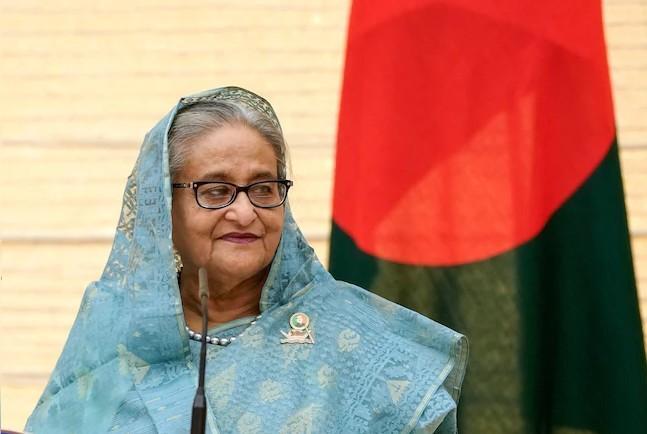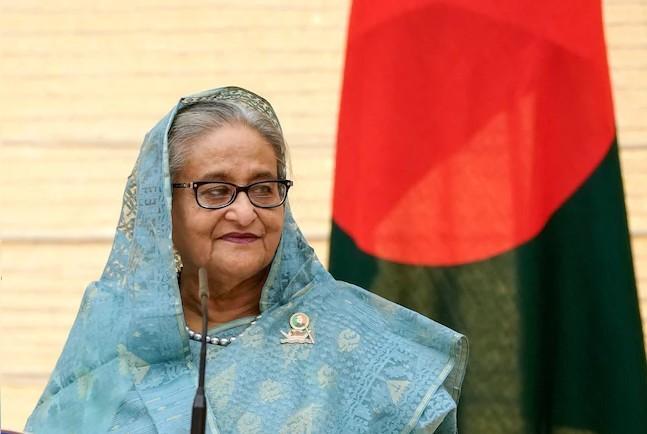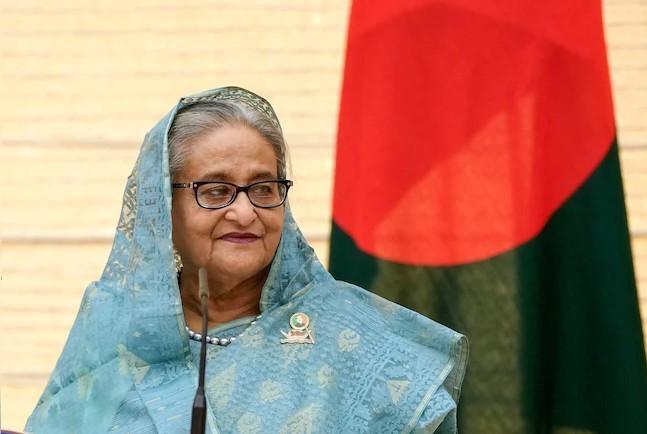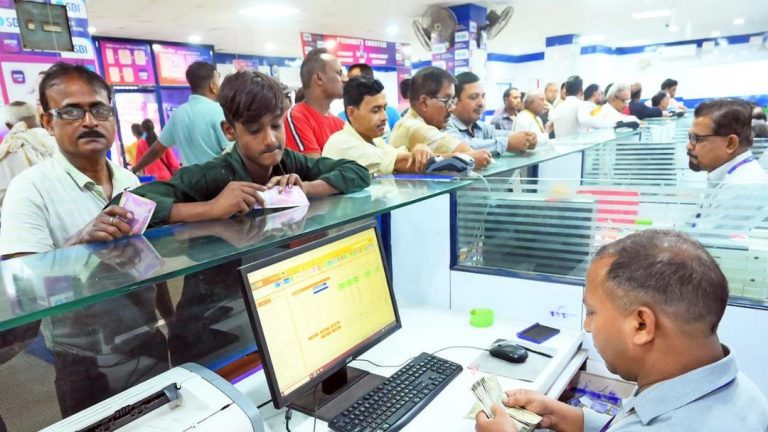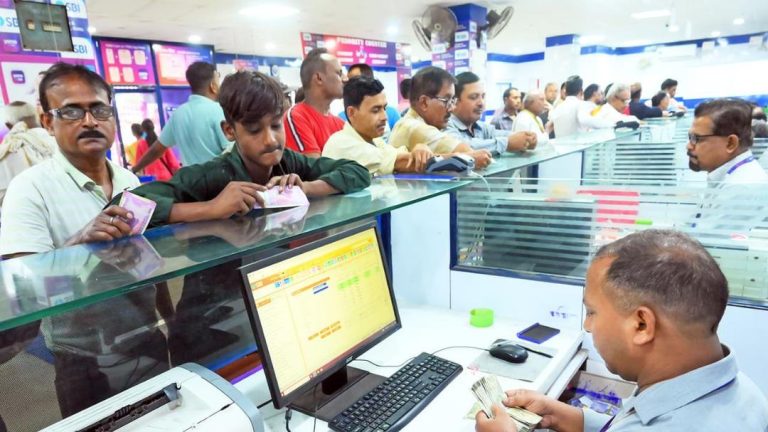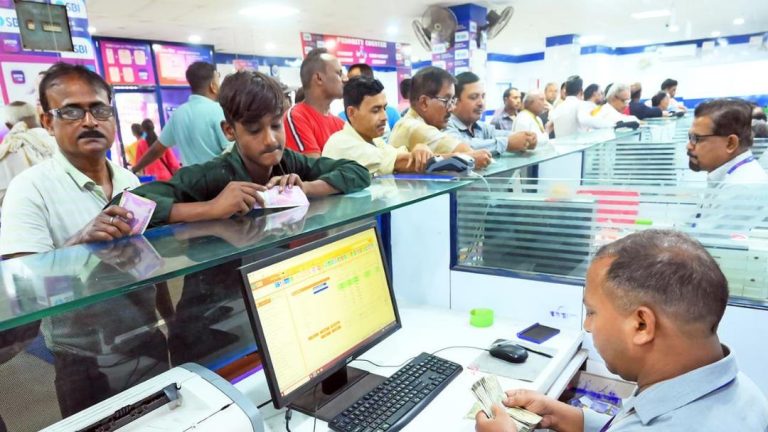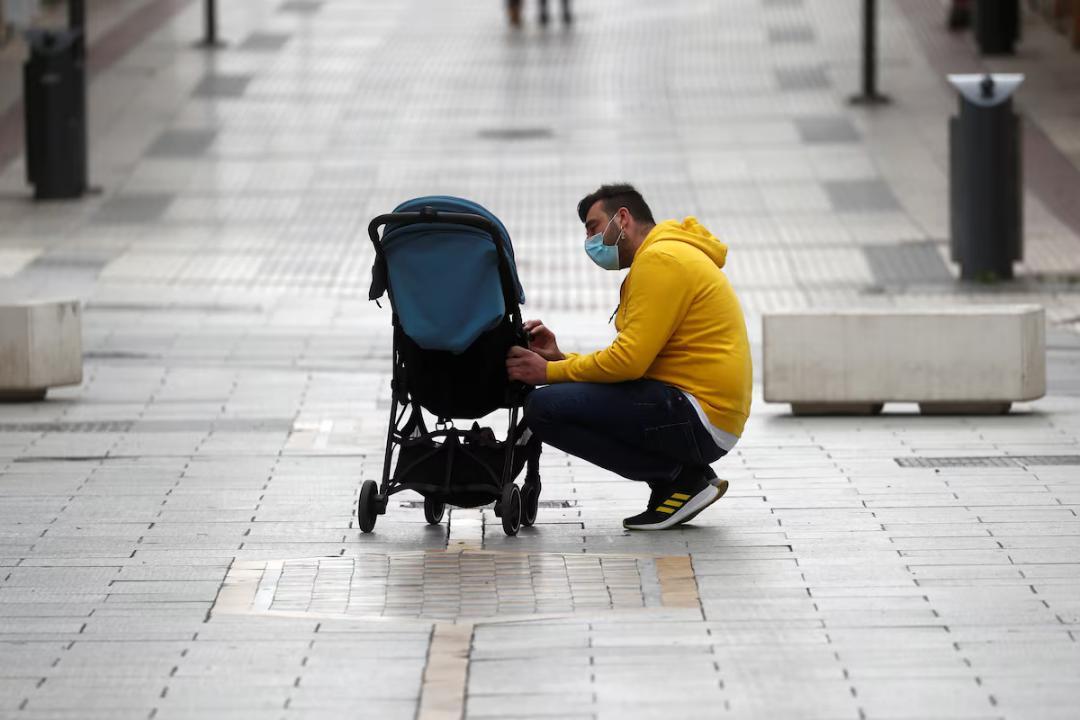
Spain to Offer 17 Weeks of Parental Leave to Both Mothers and Fathers
In a significant step towards promoting gender equality and supporting working families, Spain has announced plans to extend its parental leave policy to 17 weeks, with both mothers and fathers entitled to take equal amounts of fully-paid time off after the birth of a child. This move comes as a welcome development in the fight for feminism and a recognition of the importance of shared parenting responsibilities.
As of 2025, Spain will offer one of the most generous parental leave policies in Europe, with fathers being able to take an additional week of paid leave alongside mothers. This means that both parents will have the opportunity to bond with their new baby, take care of their child’s needs, and enjoy quality time together as a family.
Spain and Finland are currently the only EU countries to offer equal, fully-paid birth leave to both parents. This move has been hailed as a significant step forward for feminism, with the Spanish government recognizing the importance of shared parental responsibilities and the need to support working families.
The announcement was made by the Spanish government’s Minister for Equality, Irene Montero, who emphasized the importance of this move in promoting gender equality and challenging traditional gender roles. “Spain is moving towards feminism…and there’s no turning back,” she said.
The new policy is part of a broader package of reforms aimed at promoting gender equality and supporting working families. The Spanish government has also committed to increasing the minimum wage, improving childcare services, and promoting flexible working arrangements.
But what does this mean for families in Spain? For one, it means that both parents will have the opportunity to take time off work to care for their new baby, without having to worry about the financial burden. This can have a significant impact on the early days and weeks of parenthood, allowing parents to focus on their child’s needs and adjust to their new role.
It also means that fathers will have more opportunities to bond with their children and take on a more active role in childcare. This can help to break down traditional gender stereotypes and promote a more equal distribution of household responsibilities.
But the benefits don’t stop there. By offering both parents equal amounts of paid leave, Spain is also recognizing the importance of shared parenting responsibilities and the need for a more flexible and supportive work-life balance.
In an age where many working parents struggle to balance their professional and personal responsibilities, Spain’s new policy offers a refreshing approach to parental leave. By recognizing the importance of equal parenting responsibilities, the Spanish government is sending a clear message that both mothers and fathers are valued and supported in their roles as parents.
Of course, not everyone is pleased with the new policy. Some critics have argued that it will place a burden on small businesses and entrepreneurs, who may struggle to maintain their operations with fewer staff available. Others have raised concerns about the potential impact on the economy and the competitiveness of Spanish businesses.
However, many experts believe that the benefits of the new policy far outweigh the costs. By supporting working families and promoting gender equality, Spain is not only doing the right thing morally, but also investing in its future economic success.
In conclusion, Spain’s announcement of 17 weeks of parental leave to both mothers and fathers is a significant step forward for feminism and a recognition of the importance of shared parenting responsibilities. By offering both parents equal amounts of paid leave, Spain is promoting a more equal distribution of household responsibilities, supporting working families, and challenging traditional gender roles.
As the Spanish government continues to implement this policy, it will be interesting to see the impact it has on families and the wider economy. But one thing is clear: Spain is leading the way in promoting gender equality and supporting working families, and we can only hope that other countries will follow its lead.
Source:
